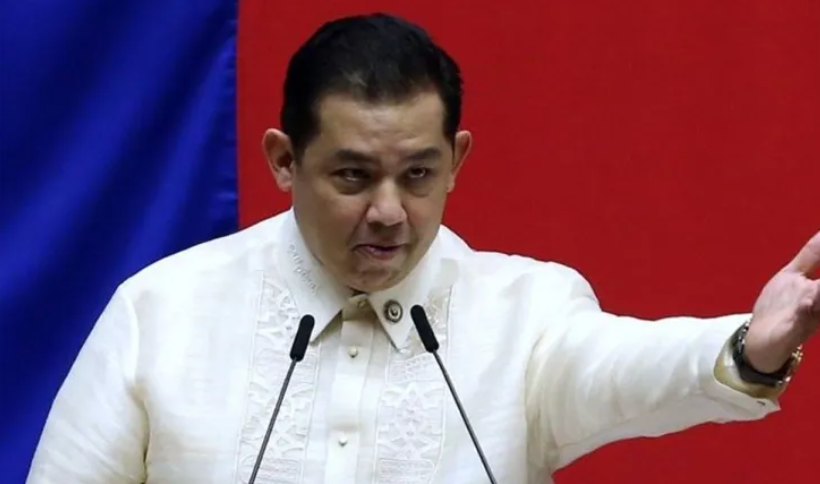Cyber villains are getting bolder each day and in order to survive, everyone now needs to up their game. And it’s not just private businesses who should take action but also the public sector.
Last Saturday, Department of Information and Communications Technology (DICT) Undersecretary Jeffrey Ian Dy reported that cybersecurity experts were able to foil attacks targeting various government email addresses, which included that of the Philippine Coast Guard (PCG) and the private website of President Ferdinand R. Marcos Jr.
Dy added that other government domains also became the target of alleged China-based cybercriminals, including those of the Cabinet Secretary, the Department of Justice, the Congressional Policy and Budget Research Department of the Congress, the National Coast Watch System, and the DICT itself.

House Speaker Ferdinand Martin G. Romualdez (IMAGE CREDIT: https://rmn.ph/)
Reacting to the report, House Speaker Ferdinand Martin G. Romualdez called for an immediate briefing from the DICT on the recent cyberattacks on several Philippine government websites.
“In light of these alarming developments, I am calling on the DICT and other concerned agencies to conduct a thorough briefing for the House of Representatives. This briefing should focus on the nature and extent of the cyber-attacks, the current measures in place to prevent future incidents, and strategies for enhancing our cybersecurity infrastructure,” he said in a press statement.
Romualdez also proposed that the briefing be conducted in an “open hearing,” by the House Committees on Public Information, and on Information and Communications Technology (ICT) chaired by Reps. Joboy Aquino and Toby Tiangco, respectively. “Transparency in this matter is crucial as it affects not just the integrity of our government’s digital infrastructure but also the safety and privacy of our citizens,” he said.
Romualdez also stated the Philippines should not allow these cyberattacks on government websites to go unchecked, and the government must ensure that the national cybersecurity strategies are robust enough to withstand such attacks and agile enough to adapt to the evolving digital landscape.
“The revelation that hackers, suspected to be operating from China, have infiltrated the email systems and internal websites of government agencies is a matter of national security and public interest,” the Speaker further stated.
PNP also enforcing measures to deter this kind of activities
In a related development, the Philippine National Police (PNP) has assured the public that it is now also monitoring hacking attempts on government websites and implementing key measures to deter these activities.
In a press briefing held at Camp Crame in Quezon City, PNP Anti-Cybercrime Group (ACG) director Maj. Gen. Sidney Hernia said they are closely working with lawmakers and the Department of Information and Communications Technology (DICT) to strengthen the country’s legal frameworks against cybercrimes, including hacking.
Hernia said they are working with the private sector to upgrade police officers’ cybercrime deterrence capabilities.
Meanwhile, PNP chief Gen. Benjamin Acorda Jr. said President Ferdinand R. Marcos Jr. and the House of Representatives have been supportive of their proposals to allot more funds for heightened cybersecurity measures.
These include increased training for personnel and the acquisition of modern equipment to detect and curb these illegal activities.
“Nagpapasalamat tayo sa ating Pangulo and he knows very well the pressing need for this and he is also giving us yung support. And to our legislators, nagpapasalamat din ako binigyan tayo ng funds to really support our programs, projects and activities related to this,” Acorda said.







